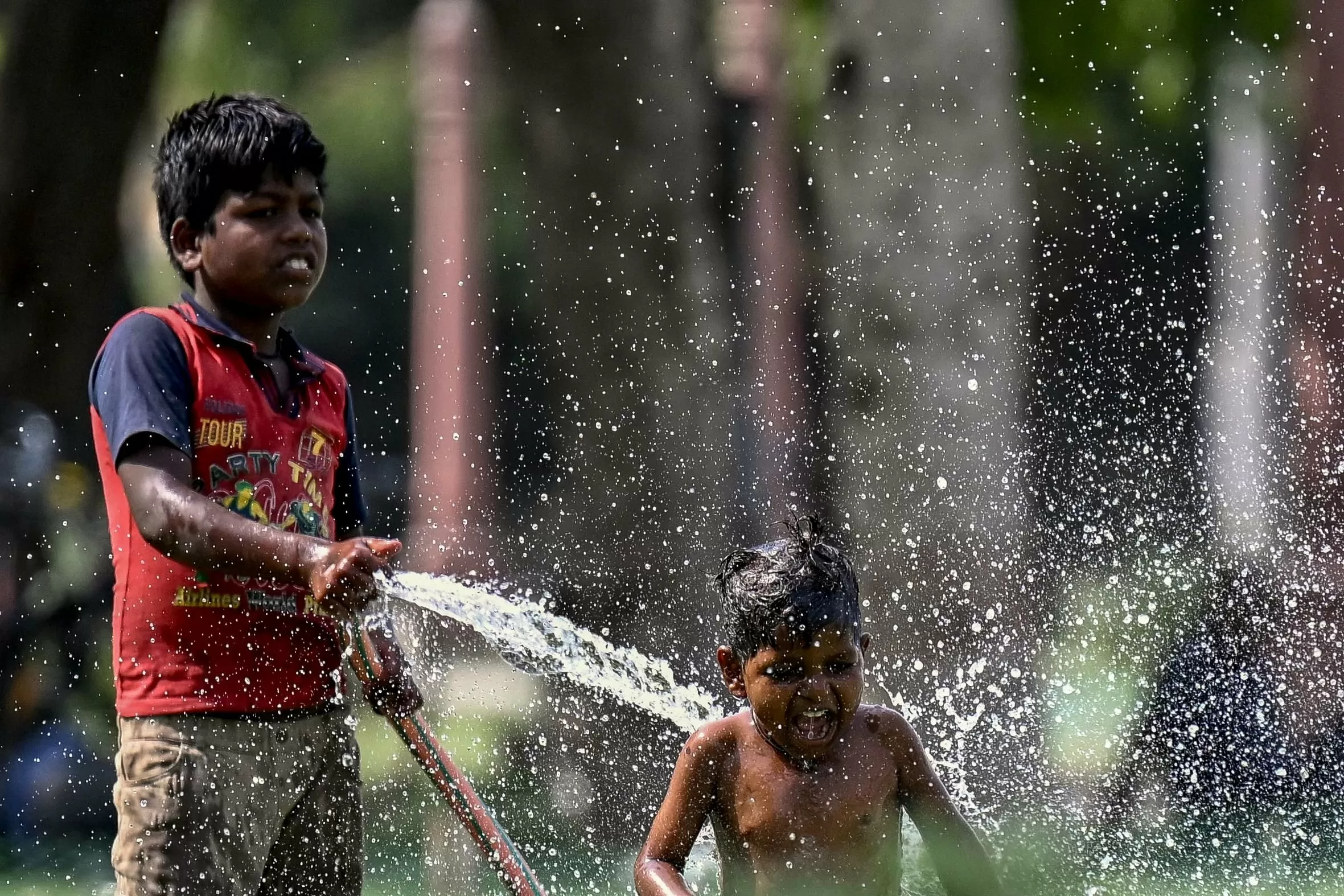As we enter the summer months, the world is still grappling with the aftermath of a year marked by extreme temperatures. From record-breaking heatwaves to devastating wildfires, it is becoming increasingly clear that the effects of climate change are more tangible and urgent than ever before. And as climate scientists warn of the potential implications for the upcoming summer months, we must pay close attention to their concerns and take action to address this global crisis.
A recent report by the Intergovernmental Panel on Climate Change (IPCC) has highlighted the urgency of the situation. According to the report, the Earth’s temperature has already risen by 1.1 degrees Celsius since pre-industrial times. This may seem like a small increase, but its impact is significant. The report also predicts that if we continue on our current path of greenhouse gas emissions, we could see a further increase of 1.5 degrees Celsius by as early as 2030. This may lead to more frequent and severe heatwaves, droughts, and extreme weather events, posing a serious threat to human health and the environment.
One of the main concerns raised by climate scientists is the effect of rising temperatures on the world’s oceans. Hotter summers mean more evaporation, which in turn leads to more humidity in the air. This can result in increased rainfall and extreme weather events like hurricanes and typhoons. The warmer water also has a significant impact on marine life, damaging coral reefs and disrupting the delicate balance of ecosystems. This not only affects the biodiversity of our oceans but also has a ripple effect on communities that rely on them for their livelihoods.
In addition to the impact on the oceans, rising temperatures also pose a threat to human health. The scorching heat can lead to heatstroke and dehydration, especially for vulnerable populations such as the elderly, children, and those with pre-existing health conditions. Moreover, worsening air quality due to heat and pollution can exacerbate respiratory issues and other health problems. This can put a strain on healthcare systems and result in increased hospitalizations and deaths.
The escalating temperatures also have serious implications for agriculture and food security. Our agriculture systems are dependent on stable weather conditions, and extreme heat and droughts can lead to crop failures and food shortages. This not only affects our ability to feed a growing global population but also has a severe economic impact on farmers and food producers.
It is clear that urgent action is needed to address the issue of rising temperatures and mitigate the effects of climate change. This cannot be achieved by any one country or individual alone; it requires a collective effort from governments, businesses, and individuals worldwide.
Governments must take the lead in implementing policies and regulations to reduce greenhouse gas emissions and transition to cleaner, renewable energy sources. They must also invest in adaptation and resilience measures to protect vulnerable communities from the impacts of climate change. This includes developing robust disaster preparedness plans and investing in climate-smart agriculture techniques.
Businesses also have a crucial role to play in addressing climate change. They must adopt sustainable practices and reduce their carbon footprint. This can be achieved through investing in renewable energy, implementing energy-efficient processes, and reducing waste and emissions.
Individual actions may seem small, but collectively they can make a significant impact. We can make simple changes in our daily lives, such as reducing our energy consumption, using public transportation or cycling instead of driving, and supporting businesses that prioritize sustainability. Additionally, we can educate ourselves and others about the importance of taking care of the environment and the role we each play in creating a more sustainable future.
The world is at a critical juncture, and the decisions we make now will have a profound impact on our planet and future generations. We must not let another summer go by without taking action to combat climate change. The consequences of inaction are simply too great. Let us come together and use our collective power to create a better, more sustainable world for all. The time to act is now.








